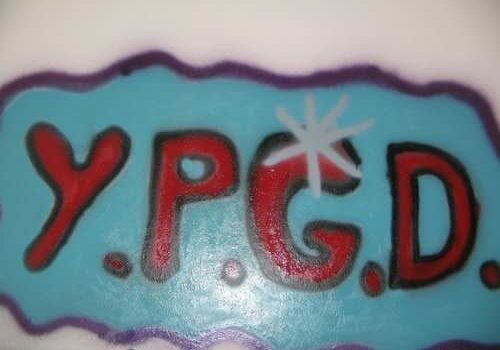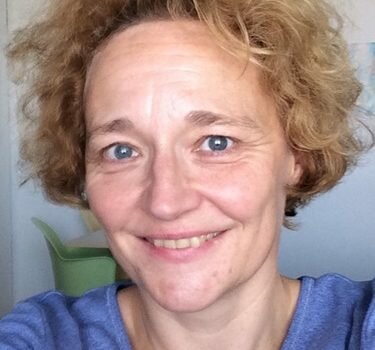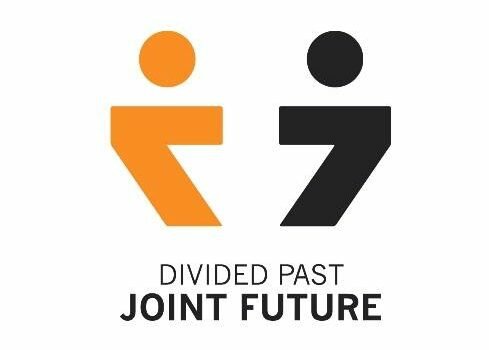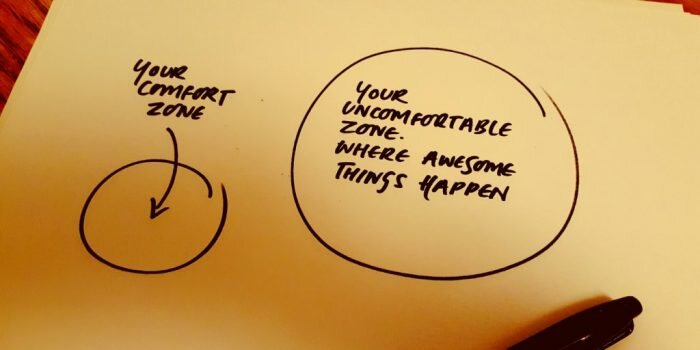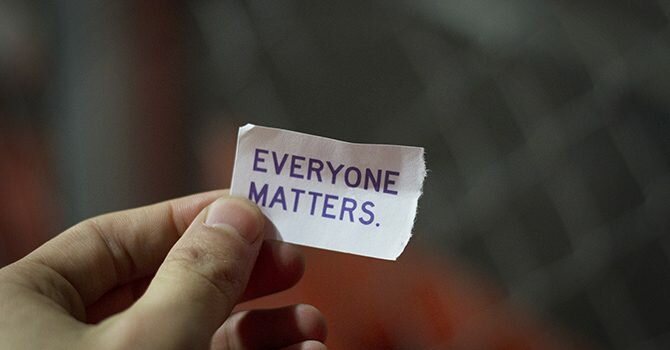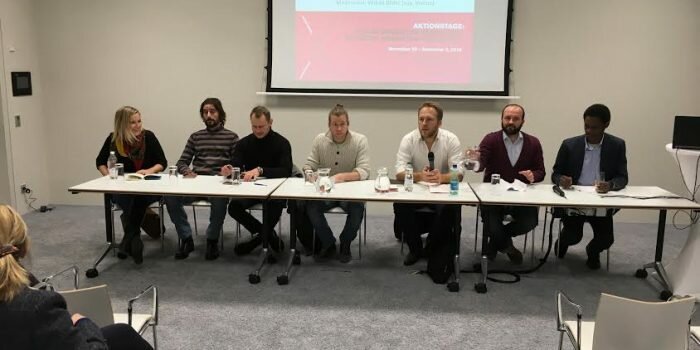It has been a long time since the end of the war in Croatia, as well as in Vukovar, a town where the war in the Balkans started in 1991 and which was almost completely destroyed in the war. People were banished, many fled, relieved of the plague.
Vukovar has been a multiethnic city until the war, where more than 23 different ethnic groups lived, including the most numerous Croats and Serbs.
The city was economically powerful (Second by Economic Power in the Former Yugoslavia). Then came the economic crisis of the 1980s. Everything began to collapse, people became desperate and desperate for their sake, tried to seek guilty of all this. The tragedy was that they sought to blame people of other ethnic groups, creating hatred, opening Pandora’s Box, and destroying the communion that was built for decades.
And then … everyone lost everything, and hatred remained.
The war ended, people slowly returned to their homes, and the evil spirit continued to fly above people. Years passed, the neighbors no longer talked, closed in their homes, and did not even try to talk about everything that had happened to them.
The houses and the walls were built among the people. True, the walls were invisible, but they were there.
New generations of young people have come, whose parents have been subjected to hatred and distrust of “those”. Kindergartens, schools, bars, all shared “ours” and “theirs”. Everything went in the direction of no return.
However, young people appeared who tried to see a much wider picture, who realized that neither the “others” were much different. If they are the same, they have the same problems, they also have the same things they like, and they have a lot in common.
The walls began to crumble slowly, the first love was created, the bands sought guitarists who could play the guitar and not the nationality, but there were conflicts. This time not because of ethnic differences, but because of the girl …
New Generations in Vukovar have started to face new problems, this time together.
It has become common to all that they are not employed, that it is difficult to find a job and that the prospect has to look somewhere else in Ireland, Germany. That all must start from the beginning.
